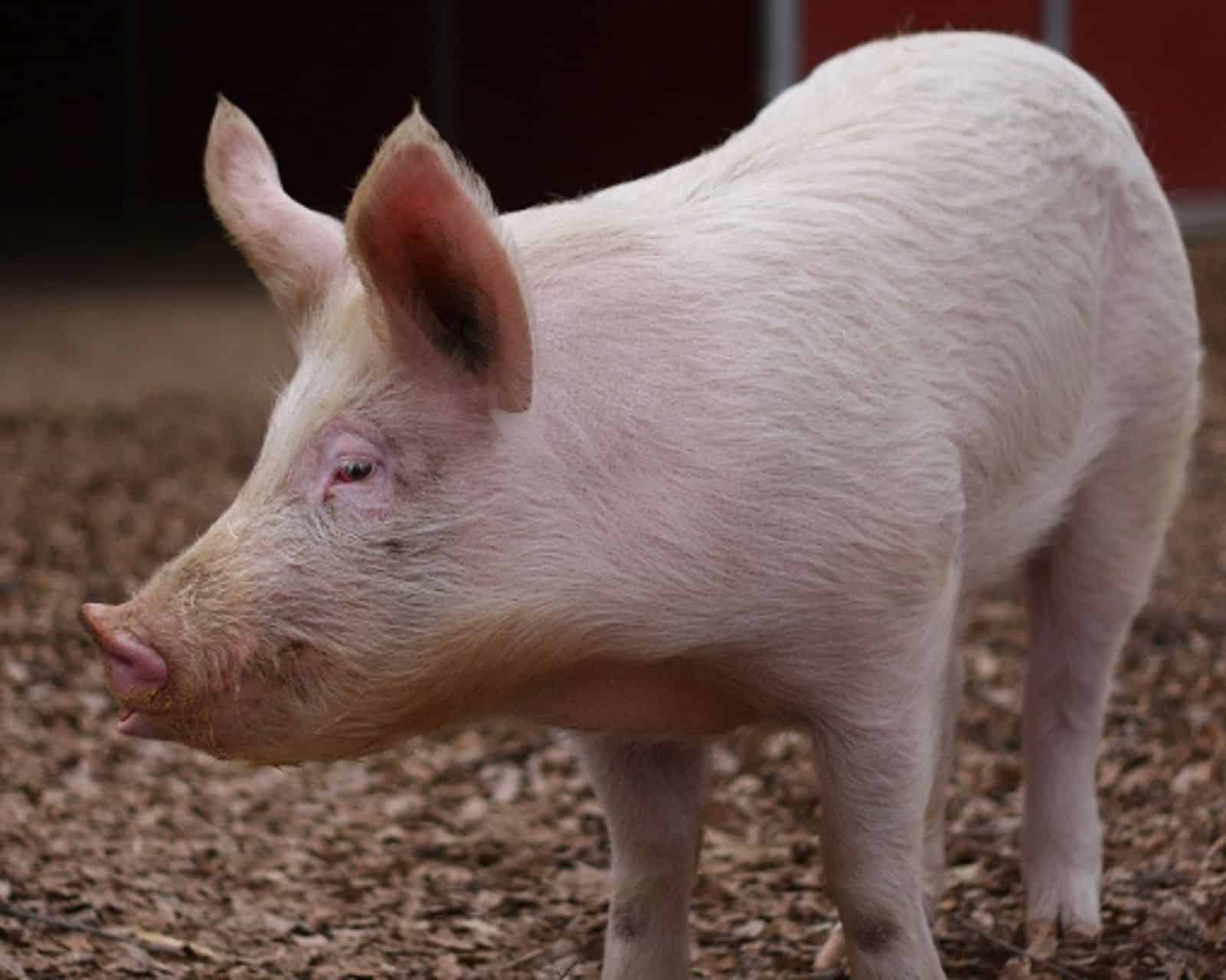

The U.S. Food and Drug Administration (FDA) has approved the first clinical trial to transplant genetically modified pig livers into human patients to test whether they can safely support people suffering from severe liver failure, a decision researchers are hailing as a landmark in animal-to-human organ support.
The trial involves using pig livers placed outside the human body to filter toxins from the blood of patients whose livers have failed. These patients are not eligible for immediate human liver transplants, and the procedure may offer a temporary lifeline while they await recovery or donor availability.
Dr. Wayne Hawthorne, a transplant surgeon at the University of Sydney and former president of the International Xenotransplant Association, called the trial a major breakthrough. He said it could help reduce the high death rate seen in cases of acute liver failure, which often exceeds 50 percent.
The trial, scheduled to begin later this year, will be led by eGenesis, a biotech firm based in Cambridge, Massachusetts, and OrganOx, located in Oxford, UK. Both companies participated in a similar experimental procedure in 2023 when doctors in the United States connected a clinically dead man to a pig liver outside his body, marking the first such use in a human.
Medical breakthrough in March:
The first liver transplant from pig to human
This becomes the third whole organ to be transplanted from pigs (after hearts and kidneys) – The liver was transplanted into a brain-dead patient for only 10 day.
https://t.co/kYkNVz9eG8 pic.twitter.com/eI8AkbjrUP— PLACEBO, MD ᥫᩣ (@Marzouk_Khawaga) April 2, 2025
Four patients aged 10 to 70 will be selected for the upcoming study. All will have advanced liver disease that worsens suddenly, along with brain complications caused by liver failure. For up to 72 hours for two weeks, their blood will circulate through a genetically modified pig liver housed in an external device. Researchers will monitor the participants for one year to assess safety and liver-related improvements.
The pig livers have been genetically altered to reduce the risk of rejection and make them more compatible with the human body.
An independent monitoring committee will review the first two cases before allowing treatment for the next two. If results show the method is safe, the trial could include up to 20 participants.
Other companies are also entering the space. Earlier this year, United Therapeutics, based in Silver Spring, Maryland, received FDA approval to begin a trial involving pig kidneys for patients with end-stage kidney disease. That study will begin with six participants later this year.
Despite growing momentum, researchers caution that serious challenges remain. These include the risk of organ rejection and infections—issues that have affected previous cases where organs from modified pigs were transplanted into terminally ill patients. Most survived only a few months.
